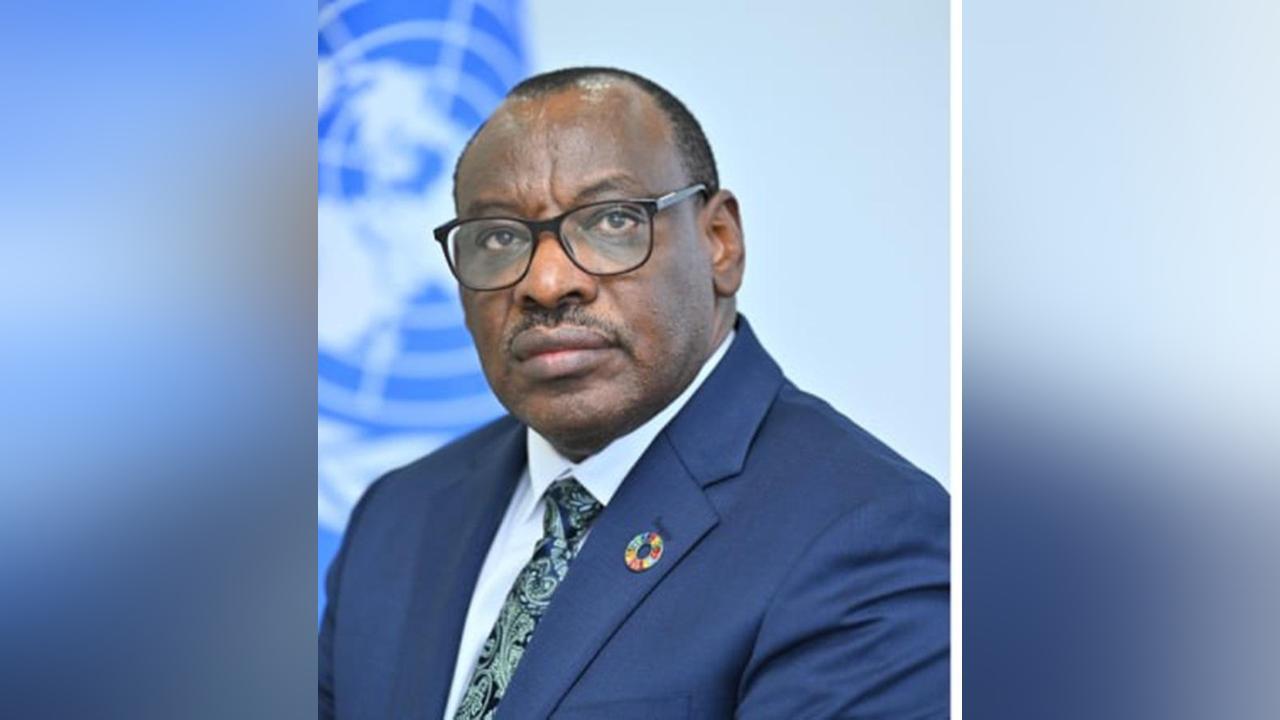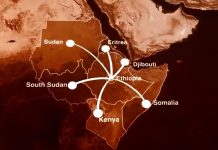Africa-Press – Ethiopia. The Executive Secretary of the United Nations Economic Commission for Africa (ECA), Claver Gatete said Africa urgently needs an estimated 3 trillion USD annually until 2030 to finance its development and achieve the Sustainable Development Goals (SDGs) and the African Union Agenda 2063.
In his keynote speech at the Brookings Event in Washington D.C., Gatete emphasized the pressing need for affordable financing in Africa.
He highlighted the continent’s loss of up to 75 billion USD due to high-risk premiums and unfair credit assessments, underscoring the urgency to address Africa’s financial challenges.
Despite being the second-fastest-growing region globally, African nations grapple with persistent debt burdens, financial instability, and climate change impacts, Gatete stated. While Africa has shown remarkable resilience against external shocks, it is currently off track to meet the SDGs.
Since 2010, African debt levels have surged by over 180 percent, with public debt now accounting for 66 percent of GDP, he said.
High repayment costs are crowding out crucial investments in health, education, and climate action, the Executive Secretary noted.
African ministers have called for alternative solutions, citing the perceived failure of the global financial architecture to adequately support the continent, Gatete elaborated.
Although Africa’s projected growth rate of 3.5 percent in 2024 is an improvement from 2.8 percent in 2023, it remains insufficient to fulfill the objectives of the African Union Agenda 2063, he said.
According to him, currently, 21 African countries face high risks of debt distress, while only two have investment-grade credit ratings, and three have defaulted on sovereign bonds.
The lack of concessional borrowing options leaves African governments with difficult choices, such as domestic borrowing that crowds out the private sector or external borrowing that presents foreign exchange and exchange rate challenges, he lamented.
‘‘These financial constraints disproportionately affect the most vulnerable populations, with projections indicating that 476 million Africans will live in poverty in 2024, an increase of approximately 50 million compared to the pre-COVID-19 period.’’ , Gatete said.
For More News And Analysis About Ethiopia Follow Africa-Press






